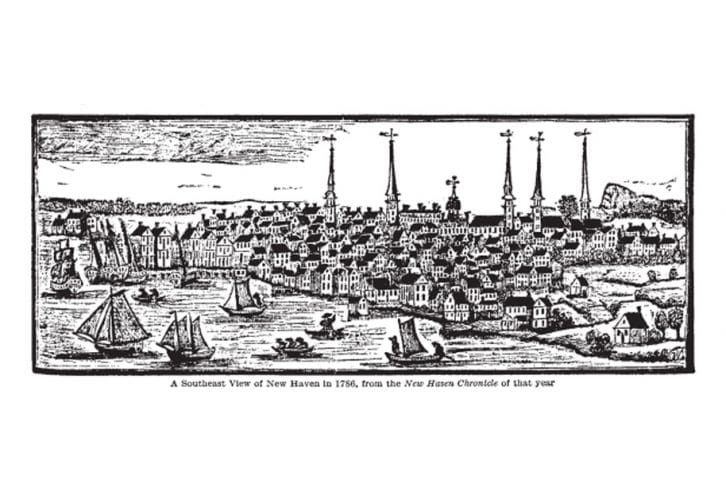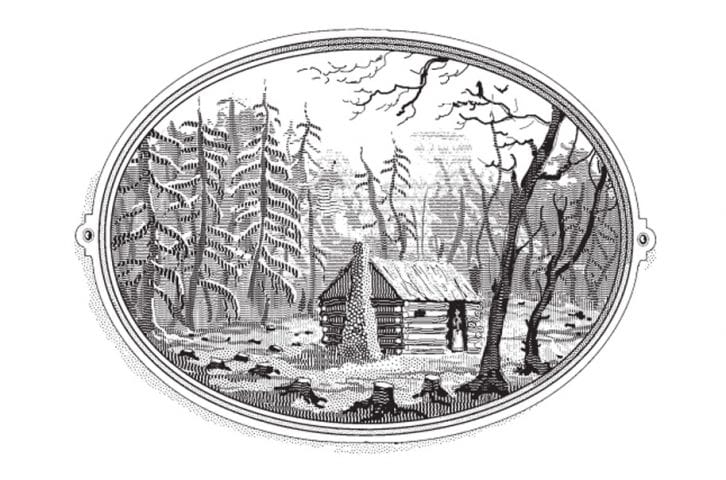Books Reviewed
A review of We Still Hold These Truths: Rediscovering Our Principles, Reclaiming Our Future , by Matthew Spalding
, by Matthew Spalding
Reflecting near the end of his life on the political principles famously proclaimed half a century earlier in the Declaration of Independence, Thomas Jefferson wrote that these principles were not new or "never before thought of"; they were "the common sense of the subject," an "expression of the American Mind." Weaving together elements of ancient and modern political thought, different strands of Christianity, British political tradition, their own extensive colonial experience, and a judgment of their circumstances, Americans had by 1776 become ready to appeal to "the Laws of Nature and of Nature's God" to justify establishing an independent republic based on what Lincoln would later call "the definitions and axioms of free society."
In We Still Hold These Truths: Rediscovering Our Principles, Reclaiming Our Future, Matthew Spalding argues that over the course of the last century America has changed—not to say lost—its mind. Swept away by the Progressives' assault upon America's founding principles, we have largely abandoned them and by doing this have brought upon ourselves a historic political crisis. Spalding, who is the director of the B. Kenneth Simon Center for American Studies at the Heritage Foundation (and—full disclosure here—a fellow of the Claremont Institute), is no starry-eyed optimist. We Do Not Still Hold These Truths could also be a fitting title for his book. But those who need at least a thread of hope in these hard times will be assured by one quiet passage that "progressive ideas have not completely won the day." Nonetheless, America is "on a course of self-destruction," and it will take a "monumental effort" to avert the crisis and return the country to its founding common sense. This book is a worthy contribution to that effort.
The Progressive movement is the source of contemporary American liberalism. Its philosophical repudiation of the American Founding began over a century ago—in the forgotten and remembered writings of Woodrow Wilson, J. Allen Smith, Arthur F. Bentley, Herbert Croly, Charles Beard, John Dewey, and others. As with any such movement—as with the American Founding itself—the Progressive movement is complicated and consists of various tendencies not all of which agree with one another. But Spalding, in the chapter he devotes to the subject, emphasizes two related ideas, seemingly far removed from the hurly-burly of politics, that are at the heart of Progressivism: there is no such thing as unchanging truth, and all ideas are historical. For the Progressives, there is no abiding non-arbitrary standard of moral or political judgment, like the founders' natural law or natural right, that is independent of human will. Government must evolve to meet evolving needs and must be guided by evolving standards of right. It is therefore impossible, as progressive political scientist Charles Merriam put it in 1920, "that any limit can be set to governmental activity." The widespread intellectual rejection of the American Founding's natural-right principles became the ground for the political transformations effected by Woodrow Wilson, Franklin Roosevelt, and Lyndon Johnson, not to mention, as Spalding doesn't, the more recent forays of Barack Obama.
The upshot is an increasingly centralized and bureaucratized administrative state that expands relentlessly while making an ever-growing percentage of the citizen-body dependent on its ministrations. Clients of the state, as Spalding observes, are on the verge of becoming the majority faction James Madison feared as the greatest danger to free governments. Tocqueville's warnings about democratic despotism seem to Spalding more and more prophetic, as an all-intrusive state reduces the people (in Tocqueville's words) "to being nothing more than a herd of timid and industrious animals of which the government is the shepherd."
* * *
To turn the country from its self-destructive course will require a restoration no less profound and complete than the Progressive transformation has been—in education, politics, civic culture, law, jurisprudence, government practices, and domestic and foreign policy—and Spalding considers in his concluding chapter some of the very difficult steps that such a restoration might entail. But underlying all of them, he argues, must be the restoration of the natural-right common sense of the American Founding as "the central idea of our nation's public philosophy." So far have we traveled down the Progressive highway that even this will not be possible until we "rediscover" the founders' principles "as a people."
It is to help bring about this rediscovery that Spalding writes his book, which aims to "explain and bring to life ten core principles that define our national creed and common purpose." These core principles, in the order in which they are discussed (roughly corresponding to the chapters of the book), are liberty, equality, natural rights, consent of the governed, religious freedom, private property, the rule of law, constitutionalism, self-government, and independence.
"Only when we know these principles once again," Spalding writes, "can we renew America." So this book is a preliminary step on the road to reclaiming our future. It is written for the intelligent citizen. It is an invitation to join the statesmen of the American Founding in "thinking through the first principles of liberty and constitutional government." It is an example of what Spalding, paraphrasing his teacher Harry Jaffa, calls a "scholarship of freedom," which would offer a "forthright defense of America's principles in the public square."
Spalding's book calls our attention not just to the principles but to the politics—the statesmanship or practical wisdom—of the American Founding. Each chapter instructs us in invigorating ways about the political judgment that our own generation of Americans must exercise to bring America's core principles to bear in our distinctive circumstances.
The epigraph of the book is a brief quotation from Ronald Reagan. Its first sentence reads: "Freedom is never more than one generation away from extinction." At the beginning and the end of the book, Spalding asks: "Do we still hold these truths?" In every generation since 1776, it seems to me, as it seems to Spalding, that whatever America has done (in Alexander Hamilton's lovely and inspiriting phrase) "to vindicate the honour of the human race," we have done because we have been able, in principle and in practice, to answer in the affirmative. We may hope that the next generation will rise again to that answer, aided by Matthew Spalding's excellent primer in American common sense.



